Value for money is key as retailers compete with pound shops and high street chains to attract health & beauty consumers
Boots is currently advertising ‘Everyday essentials’ starting at just 75p. Those ‘essentials’ include own-brand deodorant and hairspray for 75p, but also big brand names such as Alberto Balsam and Radox for £1. From just this one example, you can see that the health and beauty category is a very competitive one.
“Boots and Superdrug have got the market tied up with their very strong ranges and points schemes,” says John Perrett, who has 14 Spar stores on the Isle of Wight.
Then, of course, there are all the pound shops to contend with. “A lot of my customers go to the pound shops for health and beauty stuff when I’m stocking the same items for £1 and mine are ‘full fill’ rather than the smaller sizes these shops sometimes sell,” explains John. “And often I have items on for 80-90p when they’re £1 in the pound shops.”
Centra retailer Neil McRobbie, who has stores in the Newtownards area of County Down, says health and beauty used to be “fantastic” for his business – until the pound shops came along. “I’ve even overheard people in my shop saying: ‘It’s only a £1, but we’ll get it in the pound shop’,” he says. Like John, he says customers don’t seem to realise that sometimes the products in the pound shops have been manufactured to a slightly different size so instead of 500ml they may only be getting 400ml.
However, there’s no denying that a truly convenient store has to stock health and beauty lines as customers will expect to find them, even though they might not buy them every time they visit. But when they do buy, they are valuable shoppers as HIM Research & Consulting reveals that a health and beauty shopper will buy almost double the number of products and spend almost twice as much (£12.43 versus £6.49) as a regular convenience customer. It claims that 38% of health and beauty shoppers buy products within the beauty category on impulse in convenience, versus 18% of shoppers in the channel overall.
SHS sales and marketing commercial director Andrew Freestone says this demonstrates that a well-stocked and well-merchandised fixture has massive potential to generate incremental sales.
Neil says that as health and beauty is a category you have to have, he believes you might as well do it right. “I have a 3m bay in each of my three shops: 1m of £1 lines, 1m of what I call pure health and beauty, and 1m of baby lines.”
Baby lines is an interesting one as, according to Johnson’s research, as many as 30% of so-called baby toiletries are bought by adults for their own use. Sales of baby wipes are worth more than £9m through the channel, with Johnson’s wipes driving category value with annual growth of 3% and accounting for more than 18% of all sales within the sector.
As for the £1 products, Neil says they used to be just generic items, but now tend to be branded so he offers Radox, Timotei, Colgate and Imperial Leather, with toothpaste and shower gels being the best sellers.
“There’s a big grey market in toiletries. For example, I can get my hands on South African toothpaste, which I can buy for 40p and sell at £1. The manufacturers are aware of this and have had to drop prices to compete, which is good for us,” he explains.
Neil says there are certain brands of deodorant and shampoo that shoppers are willing to pay more for. “You’ll never find Lynx for £1, but they do promote it heavily so you can get it for £2,” he says.
Lynx’s latest fragrance is Black Night, which is available in 150ml and 200ml sizes, with rrps of £3.29 and £3.89 respectively. Two body washes are also available: 250ml at £2.54 and 400ml at £3.05.
Tena given revamp and marketing push
SCA is hoping to break the taboo surrounding bladder weakness with its product upgrade and new support campaign for its Lights by Tena range.
The upgrade gives the product a narrower core for more flexibility and packaging now contains new messages highlighting the brand’s FeelFresh technology, which locks in moisture and controls odour for lasting dryness.
The changes are backed by a C’est La Vie campaign featuring TV and digital activity. It has a light-hearted tone to try to make women realise that bladder weakness isn’t a big deal. Lights by Tena’s target audience is 30- to 45-year old women, many of whom will have had children.
Tena has grown from a £57m brand in 2011 to a £100m brand today (IRI data to 52 weeks ending 23 January 2016).
Bladder weakness is the fifth highest contributor to the health and beauty market, contributing £13.4m, according to SCA.
Neil used to stock expensive razors, but the products changed so often with the addition of things like extra blades that he’d often find that he was left with ‘out of date’ versions. Now he just sticks to disposable razors from Bic or Wilkinson Sword.
It seems Neil might have a point when you look at Gillette’s latest launch of Fusion ProShield which, according to brand owner P&G, builds on the momentum of last year’s FlexBall technology. It sounds great as it’s been specifically engineered to proactively shield against irritation, but whether men would expect to find it in their local c-store remains to be seen. Actually, P&G’s big push for the convenience sector revolves around maximising trial across its full portfolio – it is doing this by providing a core range of products to suit a broad male audience. So the top five SKUs for c-store retailers to stock are: Gillette Blue II Disposables x 5; Gillette Sensor 3 Disposables x 4; Gillette Mach 3 blades x 4; Gillette Classic shaving foam regular; and Gillette Series shaving gel sensitive.
John uses Appleby Westward’s space planning system for his stores on the Isle of Wight: “They tell us how many shelves to allocate. If you belong to a buying group it’s part of what you are paying for so you might as well use their expertise and advice.”
He admits that health and beauty items are not big sellers, so says it’s therefore hard to get excited about them. “It’s really all about emergency purchases. Our customers don’t see us as the shop to go to for health and beauty items on a regular basis. It’s only if they’ve run out of it and want it there and then.”
As in every other category, John says that when toiletries are on promotion they sell better. “We have shampoo and shower gels on at £1, but deodorants generally tend to be more expensive.”
It seems there might be an opportunity to sell more premium brands. Unilever UK’s category strategy manager for toiletries, Peter Embleton, says mainstream retailers are bringing more premium brands to the market to offer a broader range to their shoppers, and selling these on promotion can encourage trial and re-purchase. However, he adds that it’s important to find the right balance between offering value to shoppers without devaluing the category. “It is therefore essential to educate and inspire shoppers to help them understand the quality and value behind each product, which will in turn encourage them to purchase the items when they are not on promotion, too.”
















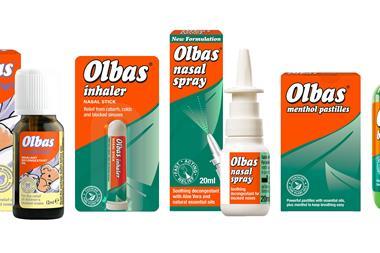
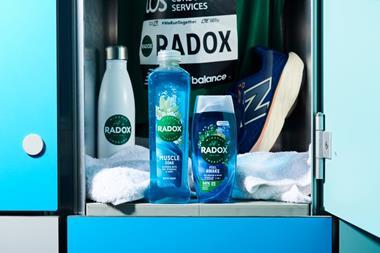
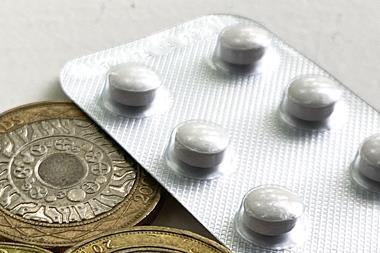

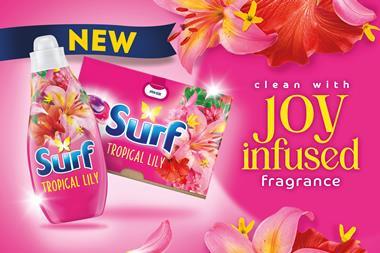
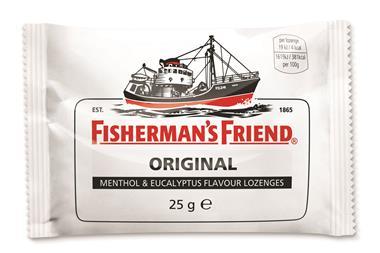
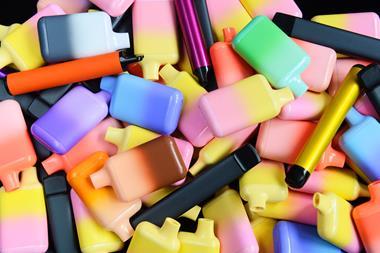
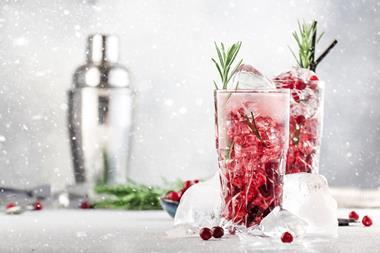
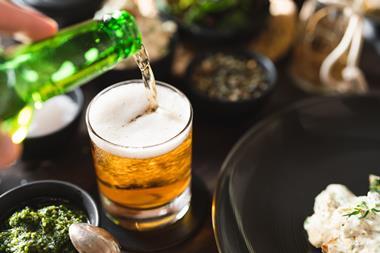
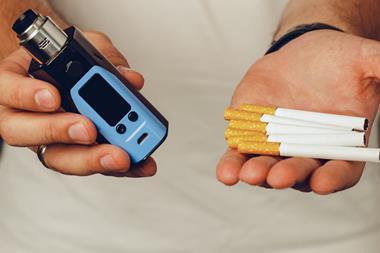

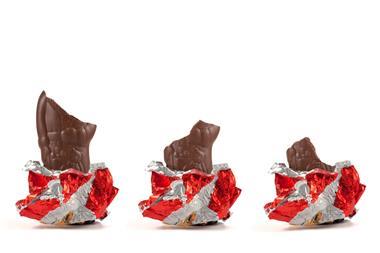
No comments yet